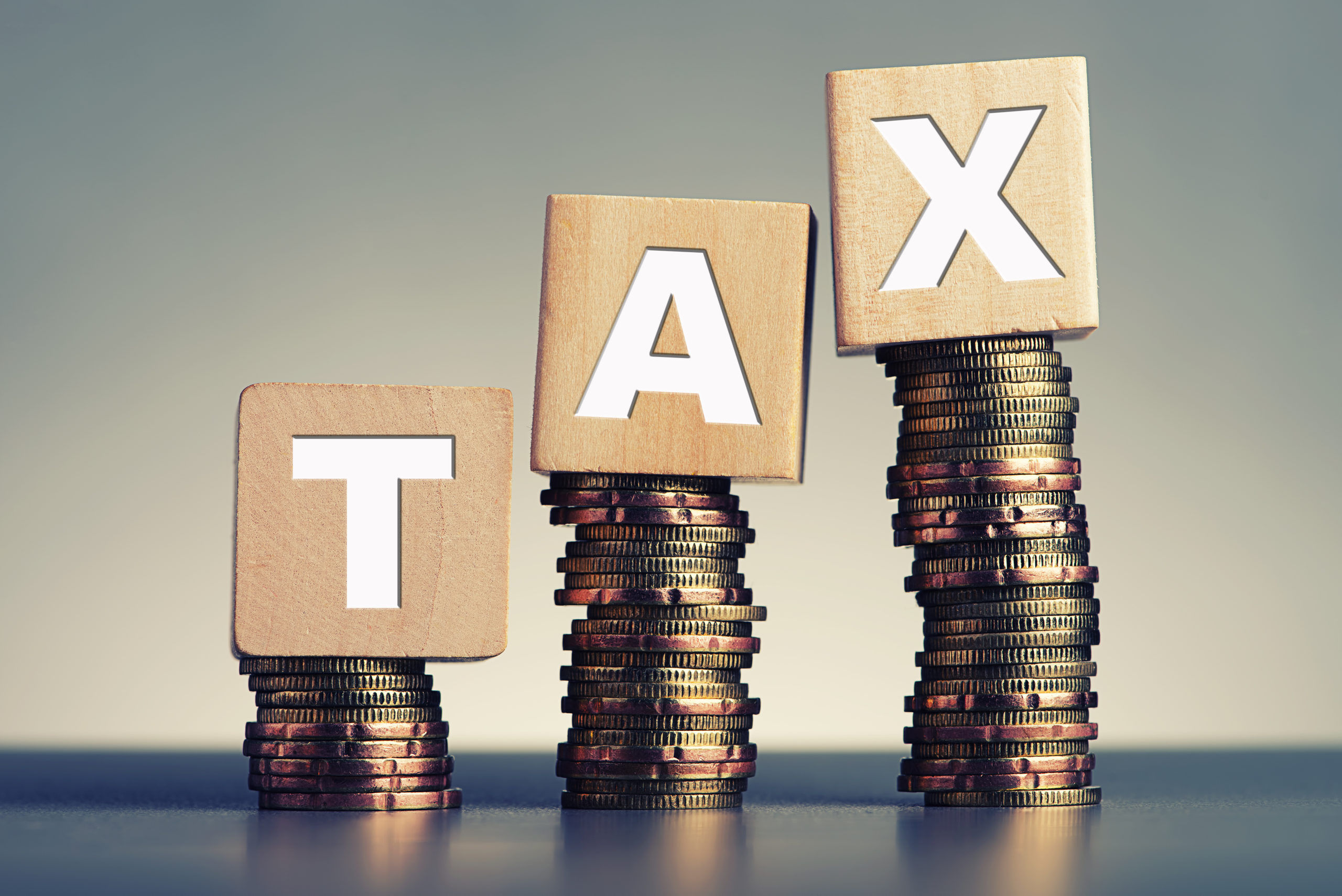- A high percentage of U.S. crypto investors are not reporting crypto in their taxes.
- Reporting on crypto tax increases with the maturity of the crypto space.
- Government agencies must develop appropriate guidelines for crypto on individual tax returns.
The crypto space has continuously grown, with digital assets like BTC becoming mainstream. In the USA, the growth has triggered concerns about tax compliance. According to BanklessTimes.com, nearly 42% of U.S. crypto investors are not reporting their crypto holdings on their taxes.
Alice Leetham, a crypto expert from BanklessTimes, commented on the data:
Banklesstimes crypto expert, Alice LeethamThe unreported crypto gains on taxes cast worries on the future of tax compliance in the digital space. Investors must ensure they have appropriate information to fulfill their tax obligations. Government agencies must also figure out the space and develop relevant guidelines on tax adherence. For the crypto space to grow, reporting practices must be transparent.
Why Underreporting?
{"image":"5dc7cf9a-a67e-4617-b3da-dcc0b9e3100f","content":"<p>Although close to 42% are not reporting crypto on their taxes, the number has reduced by almost 4% since 2022. Last year, only 54.8% reported crypto in their taxes. These adjustments show that reporting is increasing as the crypto space matures. As of Q3 2023, there were <a target="_blank" rel="nofollow" href="https://coinweb.com/trends/how-many-crypto-wallets-are-there/">4,128,338</a> crypto wallets in the U.S.</p>","layout":"imageLeft","rl":"https://storage.googleapis.com/moneturn-uploads/uploads/2023/11/1701094263-crypto on taxes.png","idth":"718","eight":"331"}The underreporting is due to several reasons. Some investors failed to report due to a lack of profits from their cryptocurrencies. Also, others lacked adequate information. 18% of crypto holders didn’t know they should file a report on crypto in their taxes. Further, 12% of those who didn’t file a report didn’t understand how to report crypto on their returns. The government can enhance crypto tax reporting by offering information sessions. For those who didn’t report, only 7% did so because they didn’t want to pay taxes.
In the Long Run, Non-Compliance is a Set Back
The issue of non-compliance is a dangerous trend for investors. By not reporting crypto gains, investors may attract penalties. The IRS is focusing on tax regulations targeting digital assets. With these regulations, non-compliance may attract fines and legal action. Besides, non-compliance may lead to regulatory scrutiny in the crypto market, slowing the market’s growth.
The government is already responding to unreported crypto gains. Most government agencies are exploring how best to improve regulations and tax compliance. There are initiatives to ensure increased reporting requirements for crypto exchanges. Also, there is improved guidance on tax reporting for digital assets.












